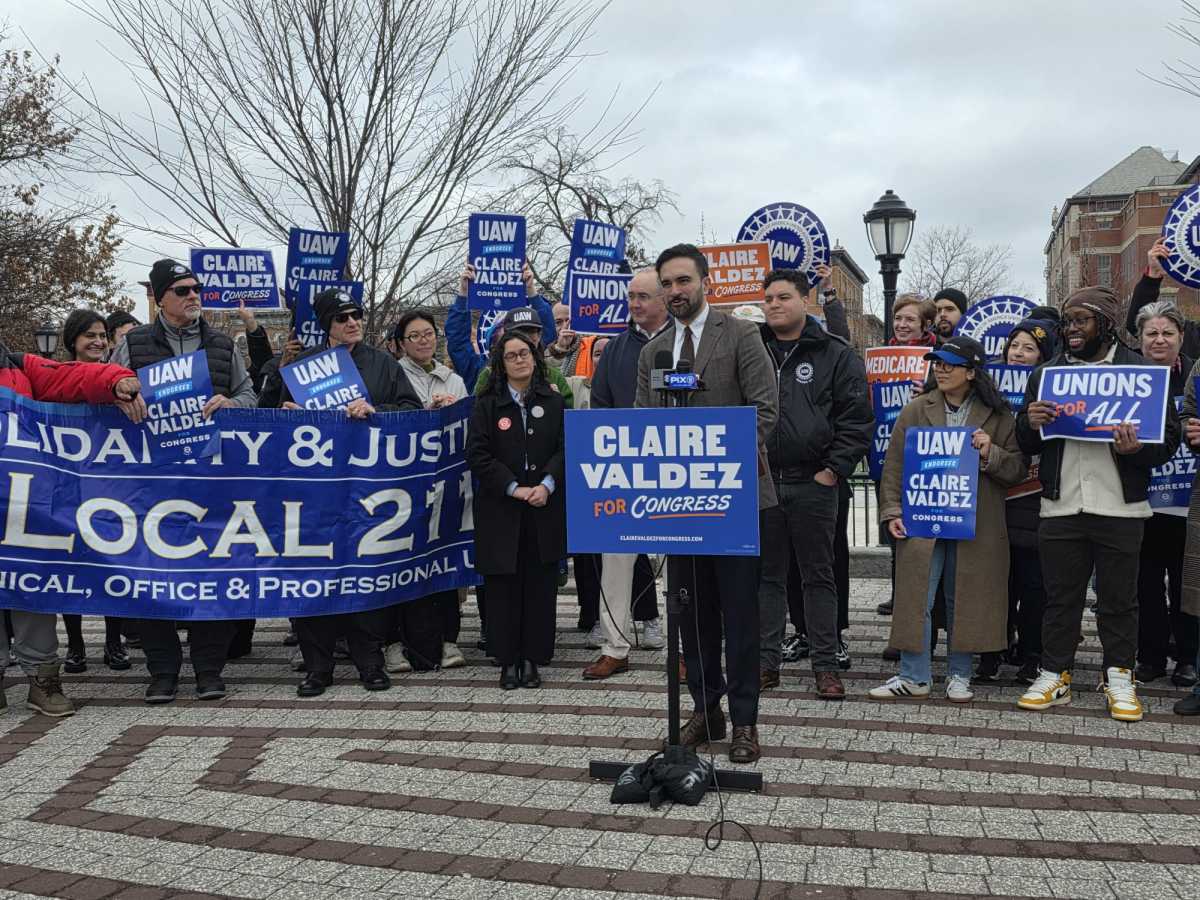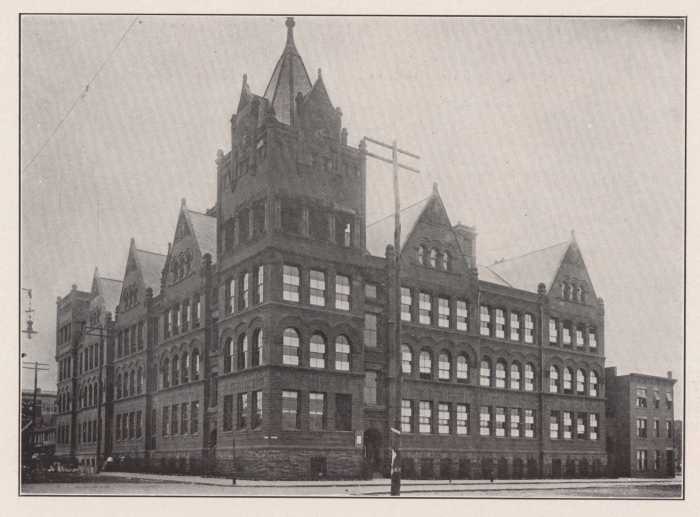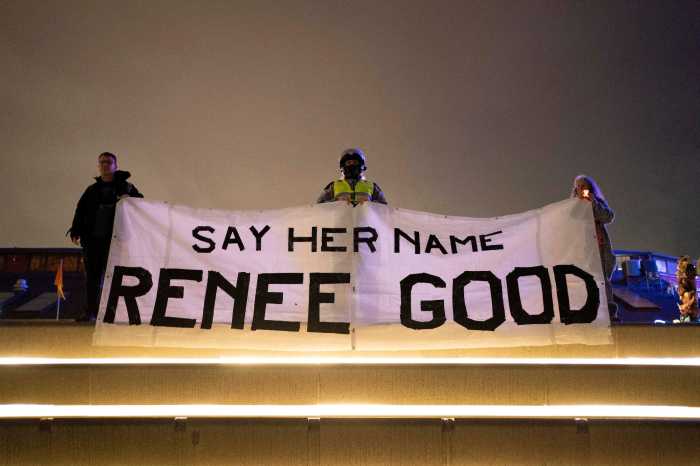‘RBG’
Directed by Julie Cohen, Betsy West
Rated PG
“RBG” begins with an image many will find heartening: Ruth Bader Ginsburg going through an exhaustive workout with her physical trainer and seeming to be in altogether better shape than the average viewer of the movie, who may be decades younger.
With the composition of the Supreme Court in a precarious state during the presidency of Donald Trump, preserving the health and thus the longevity of the 85-year-old Ginsburg has become something of a national emergency from many perspectives.
The documentary itself, from the directors Betsy West and Julie Cohen, serves two fundamental purposes.
It endeavors to offer a heavy dose of comfort food to its audience, which is sure to comprise exclusively of viewers who have a lot invested in the iconic dissenter remaining on the job for a long while.
There are, then, the workout scenes and other images that convey a sense of determined commitment on Justice Ginsburg’s part. You walk away from this movie convinced that she’s not going anywhere anytime soon.
More interesting than the feel-good stuff, from a narrative standpoint at least, is the tribute to the justice’s extraordinary life story that comprises the bulk of the movie. There is a particular focus on the degree to which she stood at the vanguard of equal rights for women long before she ever took her seat on the court.
The filmmakers take the audience through some of the key gender discrimination cases Ginsburg argued before the Supreme Court as an attorney during the 1970s, among them the landmark Frontiero v. Richardson.
They ably streamline the complicated legal context behind each of them, through interviews with Justice Ginsburg and other key figures, as well as audio from the court and other simple but effective touches.
In doing so, they make a vivid and compelling case for the importance of Justice Ginsburg’s work and the ways it clarified the degree to which interpretations of the Constitution’s equal protection clause failed to account for women.
It’s not exactly a radical gesture to frame Justice Ginsburg as a heroic figure. Her accomplishments speak for themselves. But the movie offers a helpful primer on the substance behind the pop cultural iconography that’s emerged around her in recent years, everything from the Notorious RBG shirts and mugs to Kate McKinnon’s “Saturday Night Live” parody.
Of course, in telling Justice Ginsburg’s story the movie is also telling the story of the court itself, an institution that depends upon being above politics and which appears to be under siege in 2018.
In this post-Merrick Garland world, there’s poignancy to be found in period footage of Republican Sen. Orrin Hatch telling Ginsburg at her Supreme Court confirmation hearing in 1993 that he might not agree with everything she says, but asserting firmly that she deserves to sit on the court nonetheless.






































